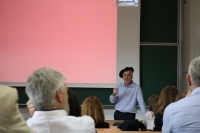Dr. Sanders emphasized that the modern imperative to "publish or perish" puts pressure on researchers to publish continuously, which in many cases leads to a decline in research quality. This pressure, which recognizes quantitative results as the key measure of success, often encourages superficial research, plagiarism, falsification, and fabrication of data. He also mentioned a worrying trend: most retractions of scientific papers are not the result of unintentional errors, but rather of unethical practices.
In his presentation, Dr. Sanders offered concrete solutions to prevent such practices, including strengthening institutional responsibility and changing the way scientific productivity is evaluated. He stressed the responsibility of all actors in the scientific publishing process—including authors, reviewers, editors, and institutions—who often fail to recognize and address these issues. The lecture was particularly enriched by his personal experience in combating unethical scientific practices. Dr. Sanders openly shared his own journey, the challenges he has faced, and the ways in which he advocates for integrity and responsibility within the scientific community. His authenticity and commitment served as a strong motivation for those present and fostered a sense of shared responsibility for the much-needed changes.
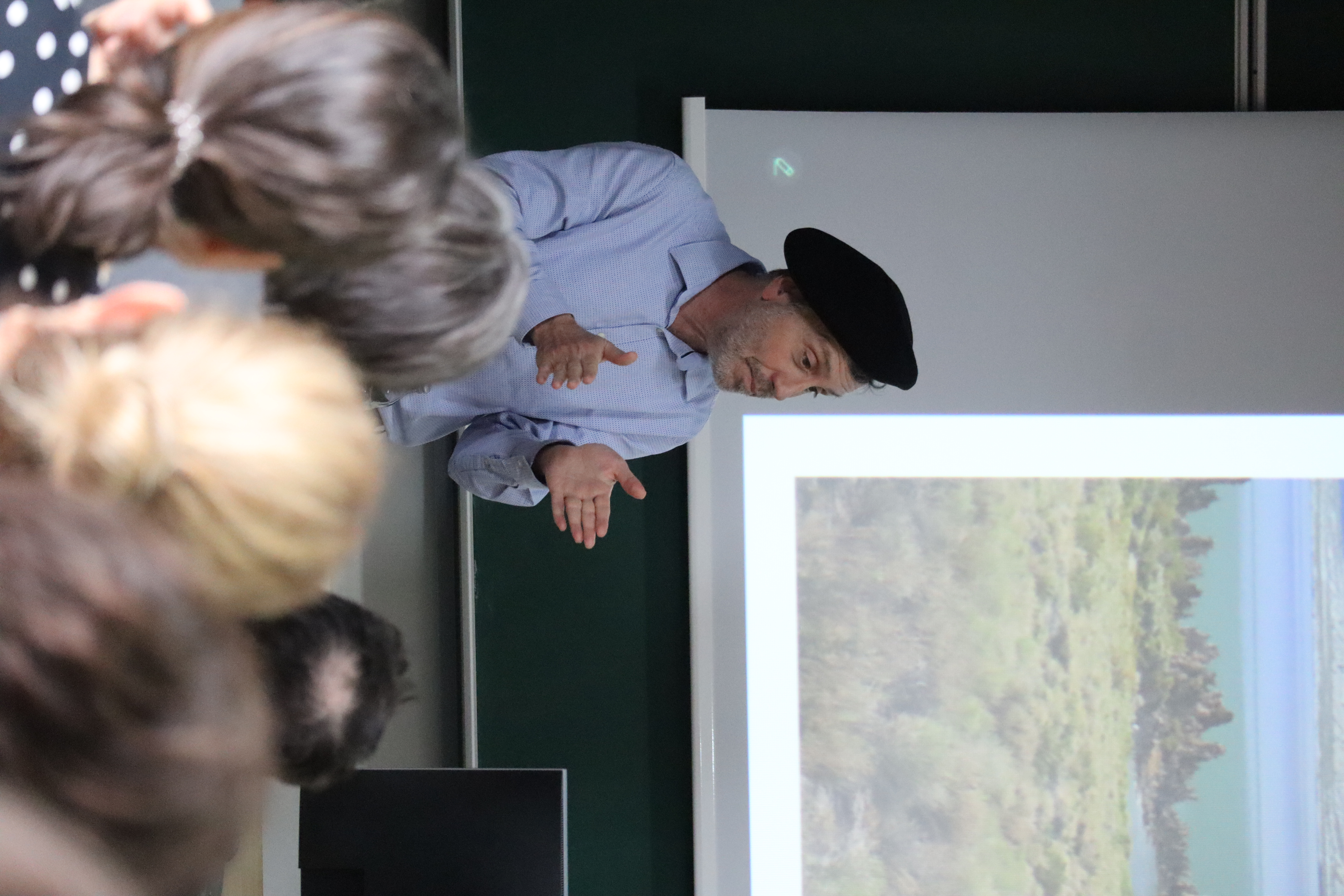
After the lecture, participants had the opportunity to ask questions, and several shared their own experiences related to unfair practices in scientific publishing. Although the lecture lasted longer than planned, the extended discussion demonstrated just how important and necessary it is to create space for further dialogue on this topic within the scientific community. We believe that the lecture encouraged all attendees to become more actively engaged in the fight against scientific misconduct and inspired a desire to build a more transparent and responsible scientific system.
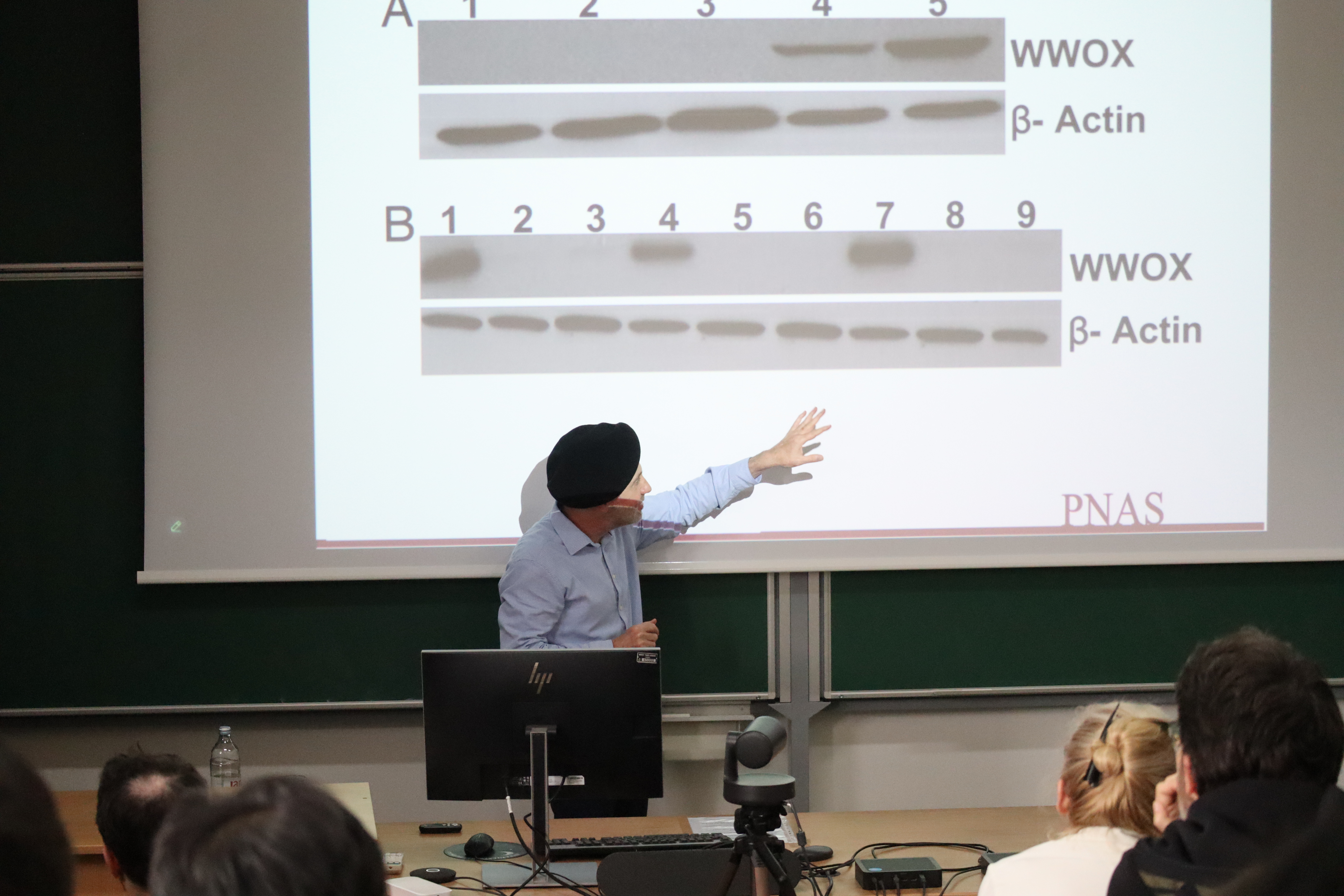
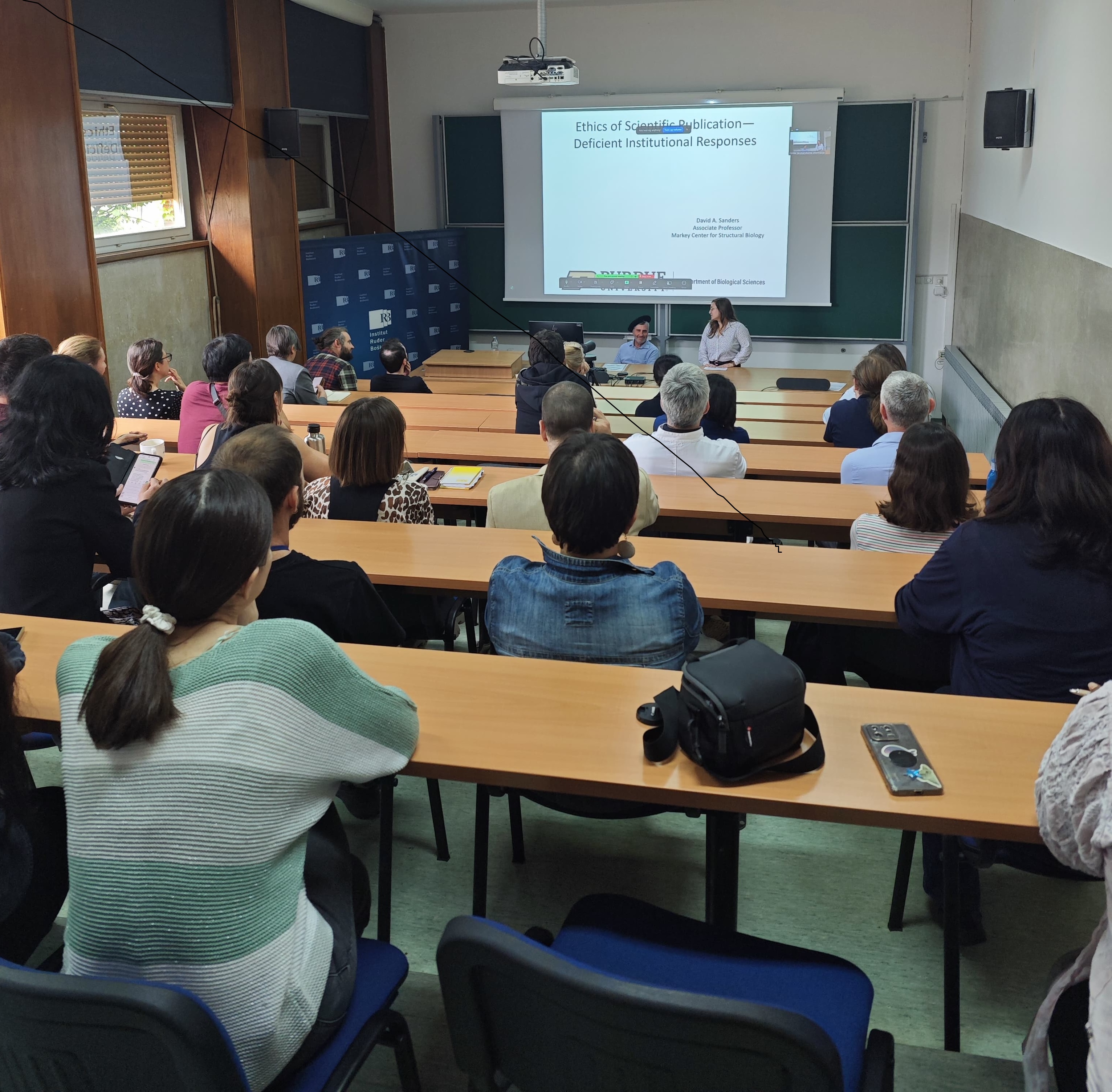
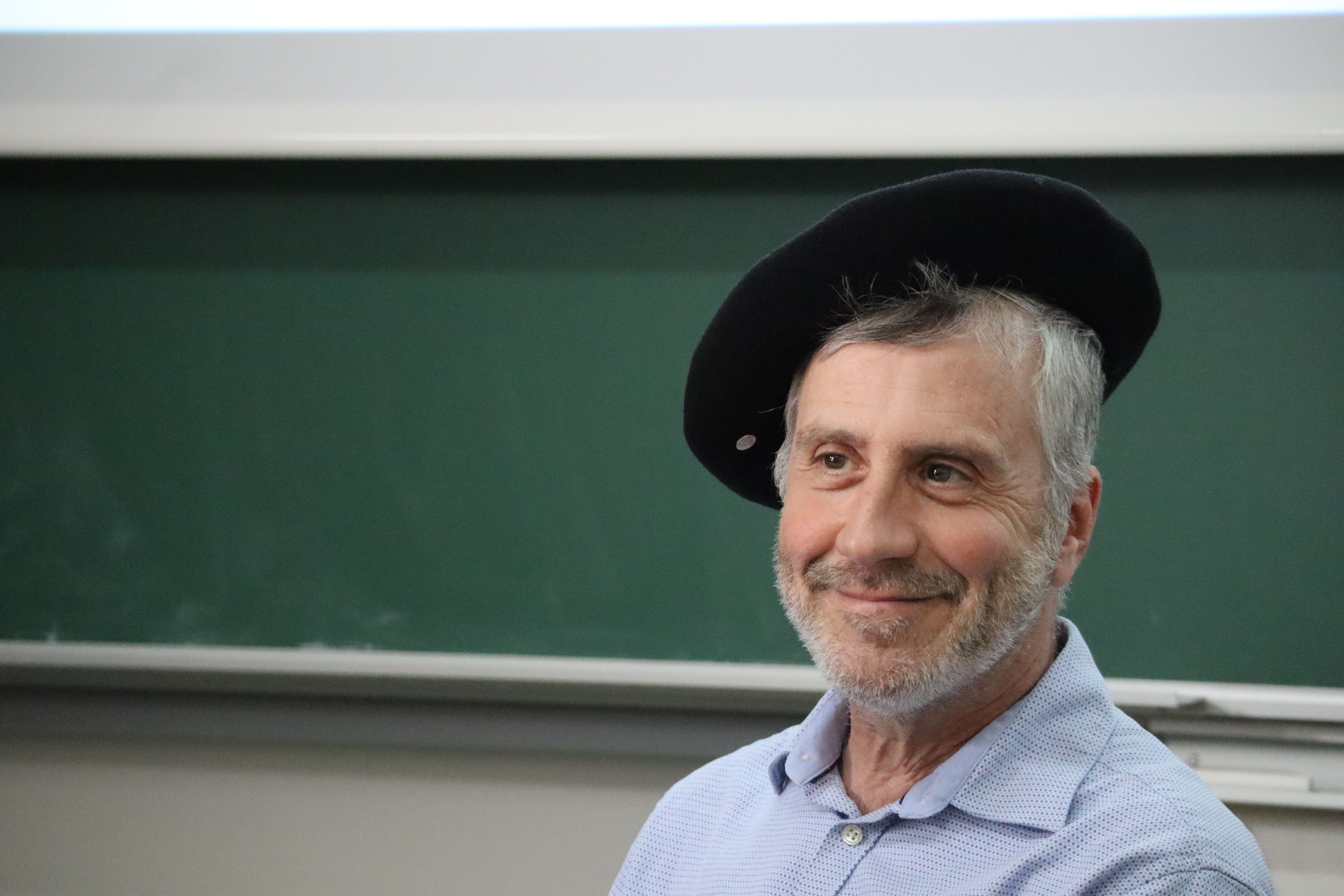
We thank Dr. David Sanders for generously sharing his knowledge, experience, and vision for better scientific communication with us.
You can watch a recording of the lecture below or on the YouTube channel of the Center for Scientific Information at the Ruđer Bošković Institute: https://www.youtube.com/watch?v=QnAiTGbXws0



